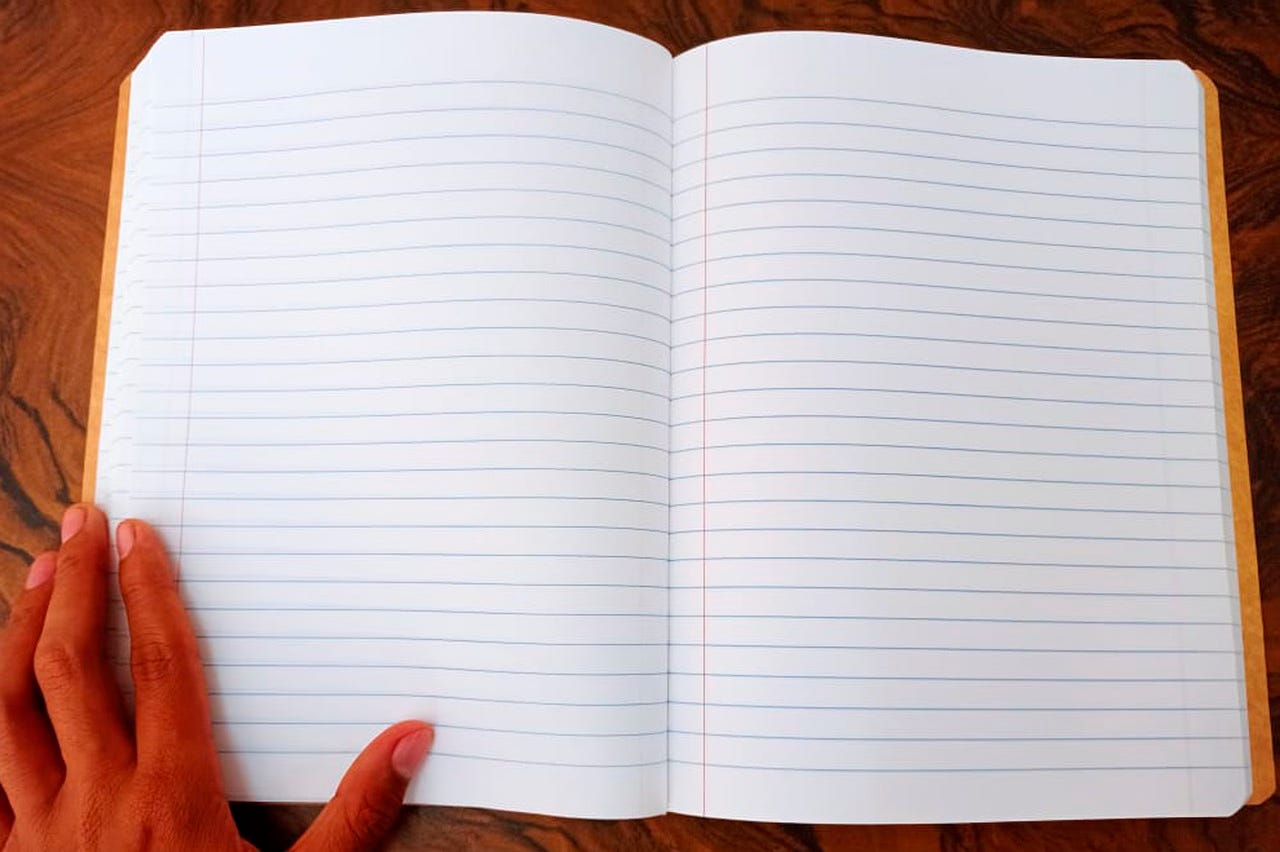A poet acquaintance of mine recently posted on social media about another poet’s blog in which he listed all the things he “hates” in poetry, and one of those things was “use of the first person.” That is, he was ranting against poems using the word “I.”
I’ve heard this criticism many times over the years, sometimes phrased as invective against “confessional poetry” or poetry that isn’t “universal” in topics and themes.
At one point, I thought we were long past these criticisms, as the literary community and the wider world inched towards inclusion and equity, becoming aware that the choices we make as writers and editors matter when pushing back against sexism, racism, ableism, and other ideologies of oppression.
Unfortunately, as we can see in the news, many politicians and legislators in various parts of the U.S. have moved backwards on these issues. Florida is a particularly egregious example, but other places have also legislated the dismantling of DEI (diversity, equity, and inclusion) initiatives.
And what does any of this have to do with poetry, and one person’s rant against a writing strategy used by the majority of poets writing and publishing now?
Everything, actually. Because it is vital for poets to use “I” in their writing, to share their experiences and their unique perspectives on the world. It used to be thought that only poetry by white heterosexual men was “universal” in theme, and that when women wrote about their own perspectives, it was “women’s poetry,” suitable only for a special section in the bookstore arranged by topic.
But here’s the secret about “universal” white male heterosexual writing: it, like writing by women, BIPOC, LGBTQIA+, disabled writers, and more, is chock-full of one perspective on the world. Because all of our writing is infused with our experiences, our ideas, our beliefs—even something as seemingly irrelevant as whether we’re dog or cat people affects our writing.
The criticism against first person poetry comes from a place of, at best, discomfort with reading details about the lives of people different from them; and at worst, desire to perpetuate the systems that privilege white men.
Which means we are obligated to write our truths, to write the poems and essays and stories that only we can write, in order to, quite literally, change the world.
So whatever point of view you choose to write in, please know that your unique experience and perspective are what the world needs. You’re literally the only you in existence, the only person who was born in a particular time, grew up in a particular place, with your particular family, your particular combination of genes. Everything shaped you into this astonishing being: the books you read, the tests you failed, the friends you had, the food you ate. The best writing, and the writing that best helps the world, comes from you sharing your authentic self.
p.s. In response to the survey from last week, one person asked if I offer one-on-one work with writers. The answer is yes, of course! We can communicate via email and/or Zoom. I generally start with a short questionnaire to discover what you might need, and we go from there. Check out my website for more info!
p.p.s. The next asynchronous class will be on the theme of GATHERINGS, though you can always sidestep the prompt and submit a poem or short essay on a different topic. September 11-October 9, through Wet.Ink, more information and sign-ups here. I provide prompts, deadlines are weekly, each participant writes a response to two classmates’ pieces per week, and I write a response to all pieces. We focus on what’s working beautifully, what a piece is trying to do, how we read the theme, questions of interpretation, and suggestions you might try in revision and/or in future pieces.
p.p.p.s. Over a month after recovering from COVID, I’m still tired, weak, and shaky. So I’m trying to give myself permission to slow down. One way I’m slowing down is to just read and love one poem per day, rather than trying to skim through all the delicious poems coming to my inbox. Here’s today’s, a poem by Kai Coggin called “Midwifing Tadpoles in the Anthropocene,” and I hope you love it as much as I do. A part that’s especially beautiful:
So here we are—
delivering tenderness to tadpoles
for an anonymous amphibian mom.
Is there ever a threshold of tenderness?
I never want to cross it.
—Kai Coggin



Katie--no wonder I get rejected so much. I hate the term confessional, but I am what I am.
Well-put, Katie. I know the article you're talking about, and I too was dismayed by it. I think what bothers me about that kind of criticism is that it shuts people down in the kind of place that is meant, mainly, to help us open up. I felt the same way when people criticized Amanda Gorman for her inaugural poem. What I want to say is, the purpose of poetry and of Democracy, is that everyone gets a say. We celebrate one another's differences. We respect one another's right to have our own beliefs and aesthetics. After all this time with T- saying "I alone can fix it" I don't want anyone who holds a belief that only one person has a right to speak. I don't want anyone trying to make the rest of the world conform to their preferences. I want to be around people who appreciate our uniqueness. Poetry of all places most allows us to express what's different about ourselves, most allows us to be free to enact or embody those differences. I think people who try to shut that down are missing the whole point of poetry. So, here here to this article.